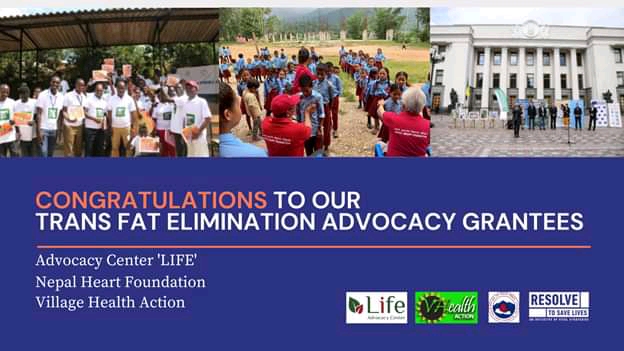Vacances poste de Chargé/e des finances
Réf : 01/VHA/Nov/2022
Projet : NYUMVIRIZA
- Brève présentation de Village Health Action
Village Health Action est une organisation dirigée par des jeunes, fondée en 2012, qui se concentre sur la promotion de la santé publique.
L’association a pour vision de créer une société plus saine en apportant des informations et des interventions aux nécessiteux dans le contexte d’une mondialisation dominée par la complexité des déterminants sociaux de la santé en utilisant des méthodes de recherche fondées sur des preuves.
Depuis sa création VHA a focalisé son action sur l’éducation des communautés en particulier sur les maladies chroniques transmissibles et non transmissibles, sur la couverture santé universelle (CSU), la recherche en Santé Publique.
- Contexte du projet
Le projet NYUMVIRIZA, porté par ABS avec VHA et ABMPD comme partenaires d’exécution, a pour objectif global de renforcer l’accessibilité aux services de réduction des risques pour les usagers/usagères de drogues dans 7 provinces du Burundi avec un focus particulier sur Bujumbura Mairie, avec un accent particulier sur la considération genre.
- Rattachement hiérarchique
- Est placé/e hiérarchiquement sous la responsabilité du Président du comité exécutif et par délégation, au Médecin Chef de Projet
- Est placé/e fonctionnellement sous la responsabilité du Chef de projet
- QUALIFICATIONS ET PRINCIPALES RESPONSABILITES DU POSTE
- Diplôme Universitaire de niveau licence en Sciences économiques ou équivalent avec deux à trois années d’expérience dans le domaine des ONGs.
- Des connaissances en comptabilité et/ou gestion financière
- Maîtrise de l’outil informatique (Microsoft Excel, Word, PowerPoint), en particulier des logiciels financiers tels que SAGE SAARI
- Excellente maîtrise du français écrit et parlé, et une très bonne connaissance de l’anglais professionnel
- Compréhension approfondie de la comptabilité
- Attention aux détails, dynamisme et rigueur
- Capacité de planification et d’organisation
- Capacité d’apprendre rapidement
- Capacité de prise de décisions opérationnelles
- Esprit d’équipe et capacité de tisser les relations interpersonnelles
Dans le cadre du projet NYUMVIRIZA, le/la chargé/e des finances a comme responsabilités de :
- Analyser les pièces comptables et le paiement des factures
- Vérifier l’éligibilité des pièces comptables
- Assurer le paiement de toutes les pièces
- Etablir les demandes de fonds et faire le suivi
- Assurer le suivi budgétaire
- Assurer le suivi des correspondances avec les partenaires : montage de dossiers de demande de subvention, suivi des échéances des programmes, du point de vue financier ;
- Gérer les transferts financiers aux partenaires de VHA
- Produire les rapports financiers et la situation de la trésorerie mensuellement et les transmettre dans les délais
- Sortir les rapprochements bancaires
- Postuler
Les candidats intéressés peuvent déposer leur dossier de candidature (CV, lettre de motivation adresse au représentant légal , un extrait du casier judiciare, des attestations de services rendus, des references de trois personnes, copies des diplômes et tout autre document utile) au siège de village Health Action sis à Rohero, Avenue de l’Imbo no 57, Immeuble New Space, III-4, ou via email à infos@vh-a.org en mentionnant dans l’objet Candidature au poste de chargé/e des finances.
La date limite pour la réception des candidatures est le 24 novembre 2022 à midi, heure locale de BUJUMBURA.
Les candidatures vont être traitées au fur et à mesure. Les dossiers des candidates non retenues ne leur seront pas remis.
Au regard de la promotion de l’égalité des chances, Village Health Action encourage les personnes en situation d’handicap et les femmes à postuler. En cas d’égalité des points, VHA privilégiera les candidatures féminines.
Vacance poste de Chargé Chargé des Finances

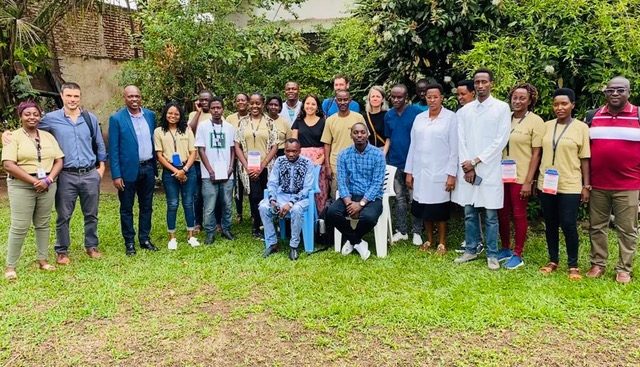
 The VHA will continue working with its partners to advocate for better harm reduction policies, programs, and practices to reduce drug use’s adverse health, social, and legal consequences.
The VHA will continue working with its partners to advocate for better harm reduction policies, programs, and practices to reduce drug use’s adverse health, social, and legal consequences.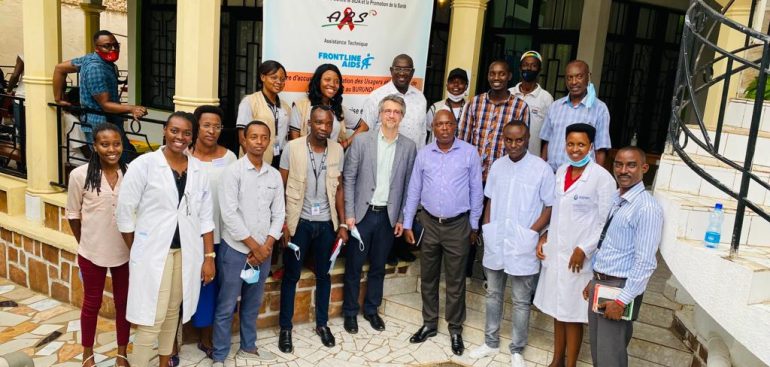
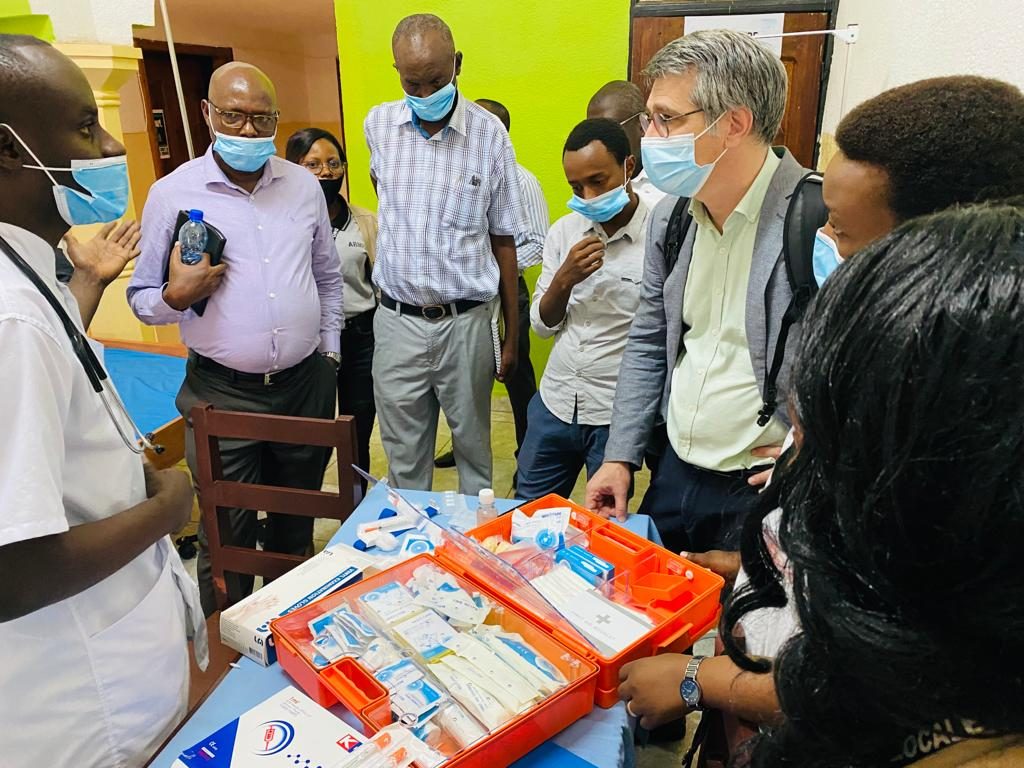 The project aims to contribute to developing a community-based harm reduction response, i.e. empowerment and capacity building through active participation of drug users. Drug users were encouraged to define the necessary health responses and ways to combat the stigma and exclusion of which they are victims. As a result, they are project actors who participate in planning, implementation, and evaluation phases.
The project aims to contribute to developing a community-based harm reduction response, i.e. empowerment and capacity building through active participation of drug users. Drug users were encouraged to define the necessary health responses and ways to combat the stigma and exclusion of which they are victims. As a result, they are project actors who participate in planning, implementation, and evaluation phases.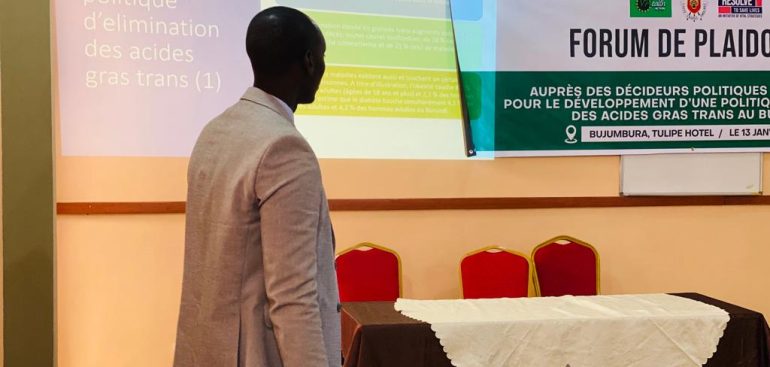
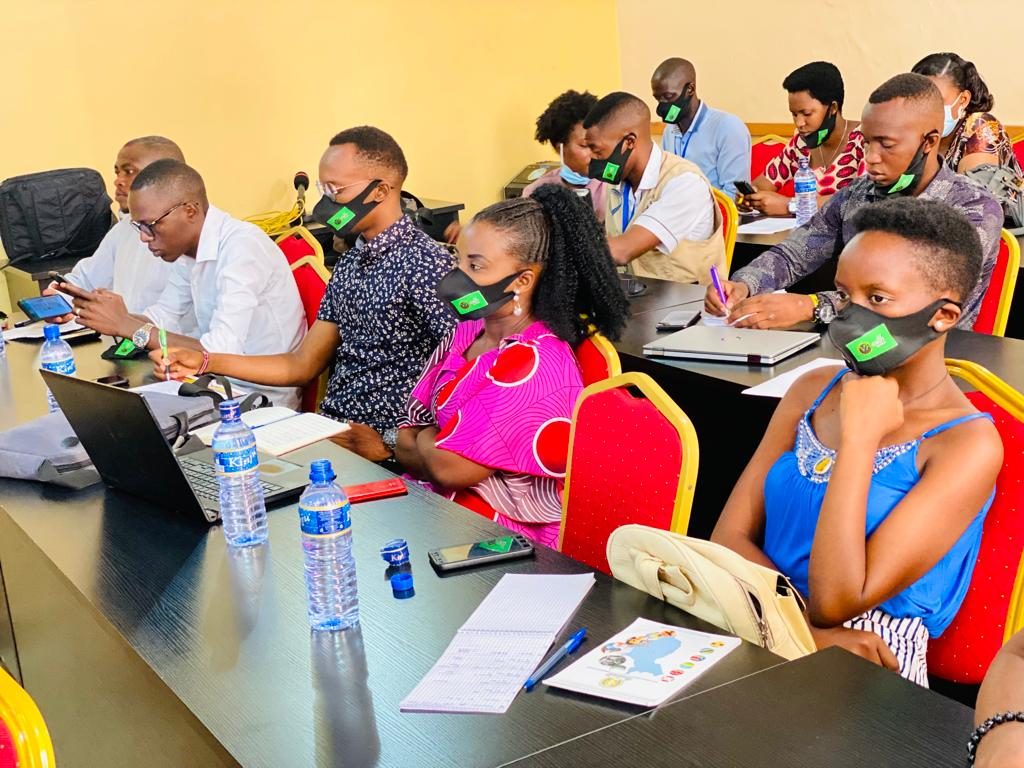 Furthermore, on January 13th, 2022, the VHA hosted a multistakeholder forum bringing together 32 stakeholders from various sectors. These have included the Directorate General for Health and AIDS, the Directorate-General for Health Care, Modern and Traditional Medicine, Food and Accreditation, the Directorate of the Burundi National Integrated Programme for the Control of Chronic Noncommunicable Diseases, hospitals (the Kinindo Medical and Surgical Centre, Bujumbura), the National Integrated Food and Nutrition Programme (PRONIANUT), the Director of Industrial Property at the Ministry of Trade, the Burundian Consumers’ Association, BBN: Burundian Bureau of Normalization, ABREMA : Burundian Regulatory Authority for Medicines for Human Use and Food, CNTA : National Centre for Food Technology.
Furthermore, on January 13th, 2022, the VHA hosted a multistakeholder forum bringing together 32 stakeholders from various sectors. These have included the Directorate General for Health and AIDS, the Directorate-General for Health Care, Modern and Traditional Medicine, Food and Accreditation, the Directorate of the Burundi National Integrated Programme for the Control of Chronic Noncommunicable Diseases, hospitals (the Kinindo Medical and Surgical Centre, Bujumbura), the National Integrated Food and Nutrition Programme (PRONIANUT), the Director of Industrial Property at the Ministry of Trade, the Burundian Consumers’ Association, BBN: Burundian Bureau of Normalization, ABREMA : Burundian Regulatory Authority for Medicines for Human Use and Food, CNTA : National Centre for Food Technology.